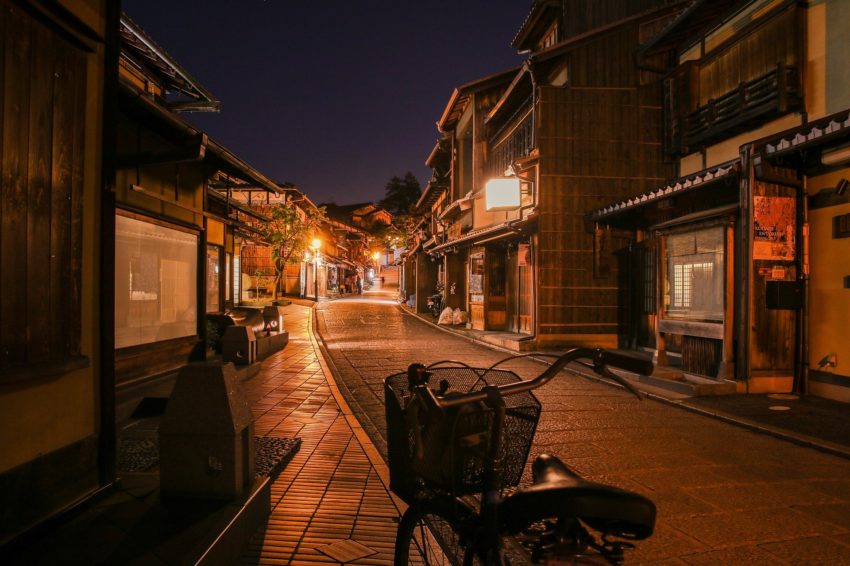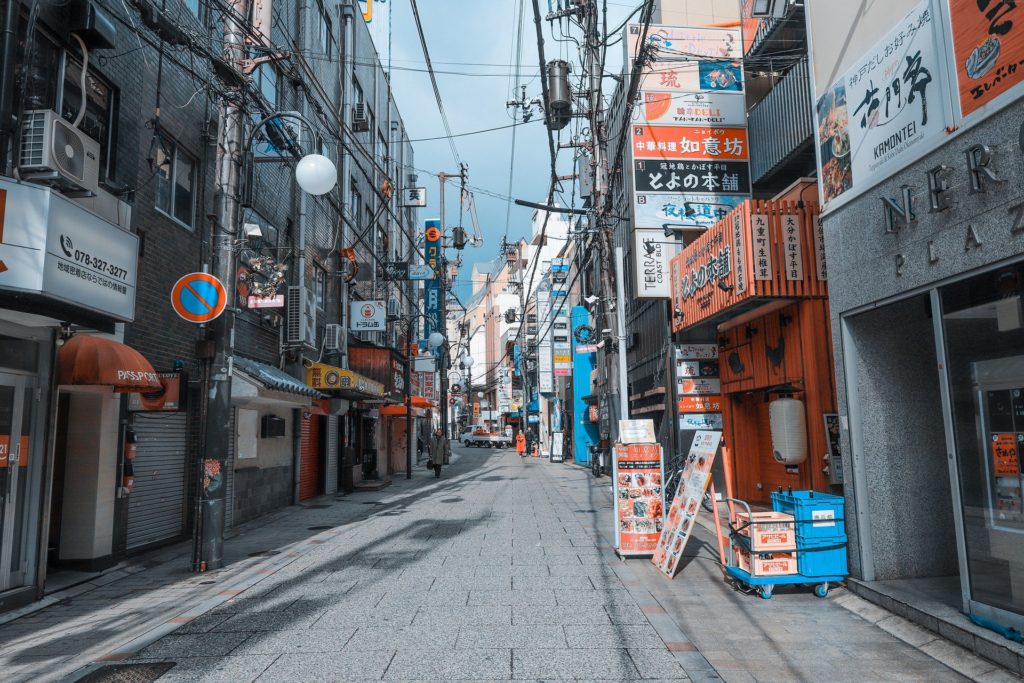When the Honeymoon is Over (Part 2)

MUSUBI presents the conclusion in a two-part essay on Culture Shock and how to manage it.
Part 2: The Light at the End
Last time, I wrote about the Honeymoon Period and Frustration Period or Culture Shock proper. After the elation of those first few weeks, I crashed hard. I felt like I had hit rock bottom and all seemed lost. So how did I recover?
The way to get through that difficult, reclusive state you feel is the same over here as it is anywhere. Find the things that you like to do outdoors; the kind of stuff that gets you out and about. There are plenty of exercise groups, gaming groups, hiking groups, etc outside. You should be able to find something you like if you look, even just a little.
Second, at least for me, is finding your reason to be here. You may find that through the group you start hanging out with, or a hobby that you find when you are here. There are teachers whose purpose is teaching and feel that’s all they need in life, but even they have a little something on the side that they do; that group of friends they can joke with and shoot the breeze with.
If you’re here as a teacher, I personally don’t recommend that you look for your schools to be that social group. There are always exceptions to the rule of course, but when I was finding people to spend time with, I wanted to keep those two aspects of my life as separate as I could. Leave your home at home and your work at work as they say.
I honestly think that’s a way that most Japanese teachers will try to keep it too. You might be invited to the occasional celebration by the school or bonenkai (Basically the New Years’/ end of the term party) and you absolutely should join in. But if you are relying on them entirely for your social life, you will be found wanting about ninety percent of the time.

Photo Credit: cplz99atcsnilyk on Pixabay
OK, so if you’re like me, you started out being really happy when you got to Japan. It was a dream come true! Then you got kinda frustrated and lonely. Everyone back overseas remarks how traditional and unique the country is, but all you can see is how they like to put corn and mayonnaise on or in everything in sight.
What’s the third stage? This is the building stage otherwise called the “Adjustment Period,” the stage where you start to get your feet under you again and get better at daily life. You start training to be healthier, studying the language and customs, and you establish your social circle. As far as I’m concerned, this is the most fun part, because this is where you don’t feel like a toddler stumbling all over the place. You can start building towards a purpose.
I honestly think that I spend most of my time between stages two and three because with life, you run into frustrations then rise to overcome them by adjusting and adapting to the challenges. This is the stage that leads to accomplishment of goals, and opens all the doors you might want to open.
Personally, this is the stage where I started to teach myself how to cook along with exercising more. I now have things I can share with others― my students, friends, girlfriend, and family― as well as strengthening those bonds between u. This causes a positive feedback loop that just makes everyone around me better and stronger. This, in my opinion, is the stage where you want to spend your time.
The last stage is the Integration or Mastery Period, where you are used to your new surroundings and have adapted to meet your new life. I don’t know how many people are truly in this stage a hundred percent of the time, but it’s definitely a lovely place to be for a bit.

The idea of the Adjustment curve (U-curve) by Keally (1990), Black and Mendenhall (1991). Source
It can also be (in my opinion) a bit of a trap in itself. When people feel like they have mastered something, they tend to stop working on it. This goes for everything in life. I think the most successful/fulfilled people over here that I know go between mastery and adjustment the most. They find a new challenge, overcome it, then move on to the next thing to learn, which again creates a positive feedback loop and makes them stronger as a person.
Also keep in mind that Culture Shock isn’t like catching a cold, getting over it, and going right back to normal. It’s more like a wave that passes over someone again and again. The first time around it feels huge and powerful, but with each subsequent time it washes over, it loses its impact. Eventually you can control which stages you spend most of your time in.
Before you start thinking to yourself “Culture Shock won’t effect me, I’m way different than those other millions of people who went through this thing, I’m super special and made of rainbows and unicorn glitter, etc” keep in mind that people who think they won’t be affected tend to get hit the hardest. They often spend the longest time in the “Frustration Period,” because they aren’t aware of the changes, so they get hit all at once and aren’t prepared for it. Hopefully, this article will help to prepare them.
In conclusion, Culture Shock will hit everyone, though it might appear differently to each person. It is temporary, and once you are aware of it, you can more easily deal with each stage of it. You may feel like you’ve mastered the new culture you are in, but don’t allow yourself to get too comfortable, because Culture Shock can always come creeping back. Always stay hungry, humble, and strive to learn and try new things. Remember, the light at the end of the tunnel may seem far away, but it never goes out.
Photo Credits:
Additional photo: cplz99atcsnilyk on Pixabay
Culture Shock Curve Graph Source
All other content (text) created by the original author and © 2021 MUSUBI by Borderlink
RELATED
-

When the Honeymoon is Over (Part 1)
Top photo: Matt Cannon on Unsplash MUSUBI presents the first in a two-part essay on Culture Shock and how to … -

At a Glance: Cruising in Tsuchiyama
Top photo: John Paul Todd-Pantaleon, used with permission When one thinks of places in Japan, several immediat… -

Doctors or Devils: Finding a Clinic in Japan
Top Photo: valelopardo on Pixabay It’s every traveler’s worst nightmare: you’ve finally made…
PEOPLE

David Parker
From the USA
Has experienced Japan for about 8 years!



